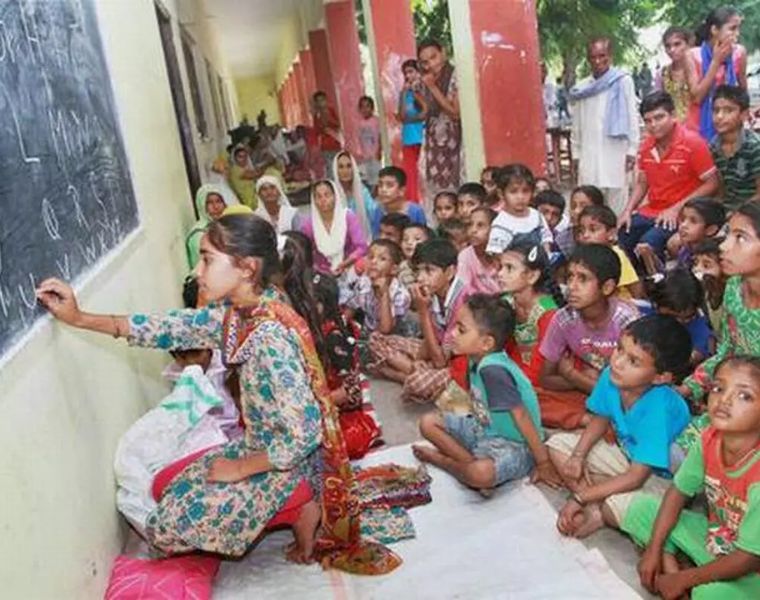According to the Best Boarding schools in India, migrant workers often move from place to place in search of employment opportunities, but their children (migrant children) are left behind without access to education. These “invisible” children are hidden from the government’s education system, leading to a generation of uneducated youth. Education is a fundamental right every child should have access to, as it provides the necessary knowledge and skills for future opportunities. Unfortunately, for migrant children, this right is often denied, leading to a lack of opportunities and a vicious cycle of poverty.
In this blog, we will explore the critical issue of migrant children in India and their lack of access to education. Our goal is to raise awareness and encourage action toward ensuring that every child in India has access to education, regardless of their migrant status. By doing so, we can provide a brighter future for these children and break the cycle of poverty for generations to come.
Challenges Faced by migrant children in Accessing Education

Migrant children in India face a range of challenges when it comes to accessing education due to their parents’ economic and social status, which forces them to move frequently in search of work. The lack of continuity in schooling is one of the biggest obstacles, as many children are unable to complete their education due to limited access to schools and educational resources. Schools may also refuse to admit migrant children due to their lack of necessary documents.
Additionally, language barriers and cultural differences can make it difficult for migrant children to integrate into the local education system, leading to feelings of isolation and difficulty communicating with teachers and peers. Discrimination and stigma against migrant children, often based on the perception that they are inferior, can further marginalize and exclude them from education. These obstacles create significant barriers for migrant children to access education, leading to long-term consequences for their development and future opportunities.
Impact of Education Inaccessibility on Migrant Children

Migrant children in India face multiple challenges in accessing education, which has significant consequences for their prospects. The lack of education opportunities for these children limits their ability to acquire skills and knowledge essential for their future success. This results in limited career prospects, perpetuating the cycle of poverty across generations. Moreover, these children become more susceptible to exploitation and abuse as they lack the necessary knowledge and skills to protect themselves from harm.
The Indian government has launched several initiatives, such as the National Policy for Children and the Right to Education Act, to provide equitable opportunities for all children, including migrant children. NGOs such as Asha Foundation and Pratham have also implemented programs to improve education access for migrant children, providing education, nutrition, and early childhood education to these children.
However, these programs face limitations, such as inadequate implementation and monitoring of government policies and limited funding and resources for NGOs. Despite these challenges, these initiatives show a growing recognition of the importance of education for children in India.
Conclusion
Children in India face various challenges in accessing education, including limited access to schools and resources, language barriers, cultural differences, and stigma. These challenges perpetuate a cycle of poverty and exploitation, highlighting the importance of education as a tool for empowerment and social change. Education provides children with access to better job opportunities and helps them break free from the cycle of poverty and exploitation.
While some government policies and non-governmental organization initiatives have been made to address the education gap, more needs to be done. This requires effective policies and programs targeted to the specific needs of migrant children, a collaboration between government and non-governmental organizations, and alternative education models such as mobile schools. Advocacy for migrant children’s rights is also critical. It is essential to ensure that all children have access to quality education, regardless of their background. Urgent action is required to break the cycle of poverty and exploitation and create a more just and equitable society.






